SUMMARY
This is AI generated summarization, which may have errors. For context, always refer to the full article.
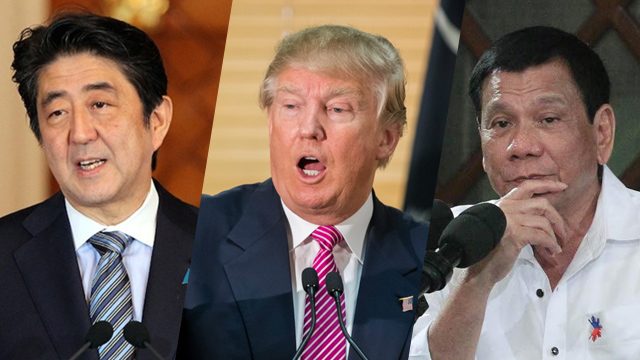
TOKYO, Japan – It’s new normal for Japan these days. Two new world leaders with a similar volatile temperament are putting Prime Minister Shinzo Abe’s diplomatic skills to a test, leading him into tricky terrain.
But it appears that Abe has forged initial successes, hitting it off with Philippine President Rodrigo Duterte, who visited here in October, and with US incoming President Donald Trump, whom Abe met with in New York. Abe’s visit was unusual, apparently the first by a Japanese head of state to a leader who has yet to assume office.
“What is most important is the establishment of personal relations between Abe and Trump, and Duterte,” Takashi Shiraishi, president of the National Graduate Institute for Policy Studies (GRIPS), told me in an interview in his office in the bustling district of Roponggi. “The nitty gritty can be done at the operational level.”
With the personal chemistry between Abe and the two leaders appearing to work out, Japan may have to step up its role in the region with Trump’s still uncertain position on US military presence here, following his “America First” stance. While Japan is definitely not going to be a military power, it has been beefing up its maritime security relations with ASEAN countries, highlighting the importance of its Coast Guard.
The Philippines is one of the beneficiaries. Through a loan, Japan is providing 10 vessels to the Philippine Coast Guard. These will be used in patrolling our waters, including the Scarborough Shoal area.
“International relations in the region are spoken about as if the US and China were the only powers,” Shiraishi pointed out. In the case of Duterte, “he needs a country to serve as balance versus China. It’s fine with us, this role comes to us naturally. Japan welcomes the opportunity for Abe to show that Japan matters.”
For Masashi Nishihara, president of the Research Institute for Peace and Security, a think tank, “Japan is in transition between the US and the Philippines.” But through its “diplomatic activities,” Japan can make up for a limited US role in the region – should this happen, Nishihara added. The strengthening of maritime capacities is one such step.
Abe-Duterte summit
Officials of the Ministry of Foreign Affairs I spoke with said they are satisfied with the results of Duterte’s visit. They commonly pointed out the Japan-Philippines joint statement as proof of the success, focusing on maritime security cooperation, “not like a Christmas-tree statement that includes everything.”
Two items, in particular, stand out, from their point of view:
- the “acknowledgment of the importance of a rules-based approach to the peaceful settlement of maritime disputes” referring to the “South China Sea Arbitral Award”
- the 2 leaders’ inclusion of “their network of friendships and alliances…to help promote the peace, stability and maritime security of the region”
What is not explicitly stated in the “network of friendships and alliances” is the US military presence in the region, including in the Philippines. The US-Japan security alliance is a pillar in Japan’s relations with other countries in Asia and Southeast Asia. “One of the biggest deterrents versus China is the presence of the US,” Atsuyuki Fujinuma of MOFA’s Asian and Oceanian Affairs Bureau, said.
Before Duterte visited Tokyo, he had made pronouncements about letting the American forces in Mindanao go and severing military exercises between the Philippines and the US, rankling Japan. But the nervousness here eased after Duterte and Abe met.
Duterte’s pivot to China also worried Japan, which is beleaguered by Chinese incursions into Senkaku islands, a situation similar to the West Philippine Sea. When the Philippines won its case versus China in the arbitral tribunal, Japan was one of the most outspoken supporters of the ruling.
Duterte assuaged Abe during the visit. Notes from the 2 leaders’ meeting, given out by MOFA, show this:
“President Duterte commented that since an arbitral award has been issued in regard to the South China Sea issue, there is no choice but to hold discussions based on this…President Duterte added that since the Philippines is always in the same standpoint as Japan, Japan should feel peace of mind, and that in regard to maritime issues, it is necessary to ensure freedom of navigation.”
Sake, snowy mountains
What is interesting are the little signs of friendship that the MOFA officials noticed during Duterte’s visit. Among others:
- At the dinner hosted by Foreign Minister Fumio Kishida on October 25, Duterte, who doesn’t go for alcoholic drinks, sipped sake, Japanese rice wine.
- The meeting between Abe and Duterte extended beyond the allotted time, eating up 40 more minutes. They were late for the banquet hosted by Abe. For the disciplined Japanese, strict about schedules and rigorous about punctuality, this was quite unusual. But it came as a welcome sign that the 2 leaders seemed to be comfortable in each other’s company.
When Duterte was mayor, he visited Japan both as a private citizen and as a guest of MOFA. The visitors’ program of MOFA includes trips outside Tokyo to make their guests experience various facets of Japan. They still have old photos of Duterte posing with the snowy mountains as backdrop.
In May, the Japanese ambassador to Manila was the first, among diplomats, to pay a call on then president-elect Duterte. This feat was followed by a scheduled official visit of Duterte to Tokyo, supposed to be the first overseas trip of the president. But China raced ahead and got Duterte to make Beijing his first visit.
The order of the visit doesn’t really matter now, I gathered in conversations, because Duterte’s trip to Japan turned out well. Optimism about bilateral relations is in the air here as Japan continues to keep close ties with the Philippines, one of its most important partners in the region. – Rappler.com
Rappler editor at large Marites Danguilan Vitug was invited by Japan’s Ministry of Foreign Affairs (MOFA) as part of its visitors’ program from December 4 to 11, 2016. She spoke with officials from MOFA, Ministry of Defense, the Coast Guard, and academics.
Add a comment
How does this make you feel?

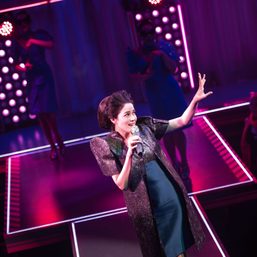
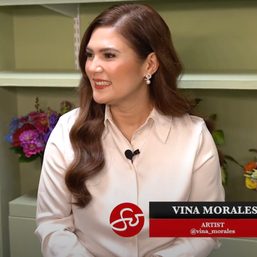

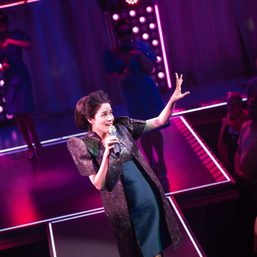
![[WATCH] Rappler Live Jam: Cast of ‘Buruguduystunstugudunstuy: Ang Parokya ni Edgar Musical’](https://www.rappler.com/tachyon/2024/06/live-jam-Buruguduystunstugudunstuy-parokya-ni-edgar-musical.jpg?resize=257%2C257&crop=405px%2C0px%2C1080px%2C1080px)
![[OPINION] Filipinos, is it time to retire ‘Miss Saigon’?](https://www.rappler.com/tachyon/2024/05/tl-retire-miss-saigon-05042024-2.jpg?resize=257%2C257&crop=261px%2C0px%2C720px%2C720px)
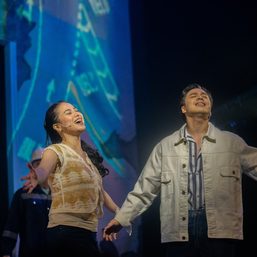
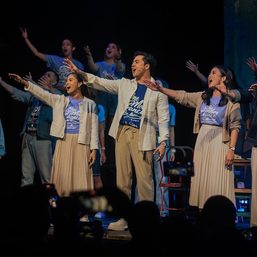
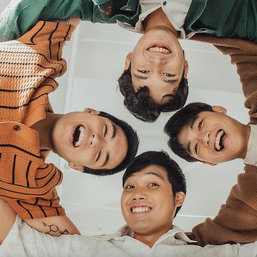




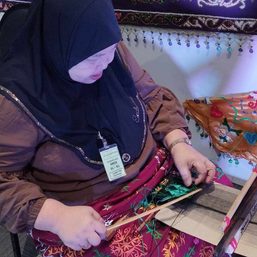
There are no comments yet. Add your comment to start the conversation.